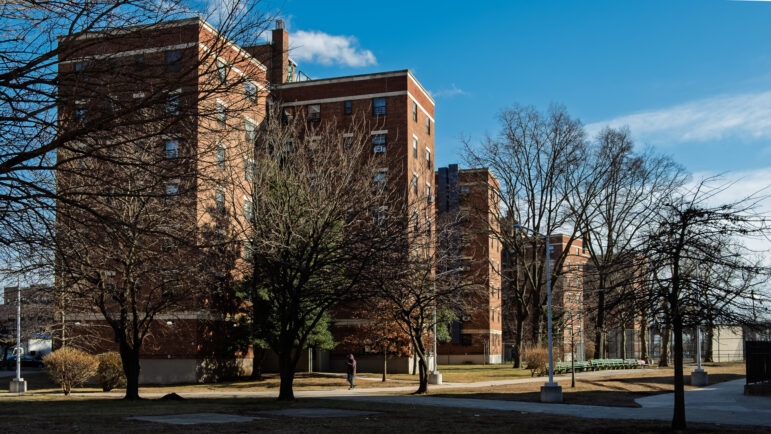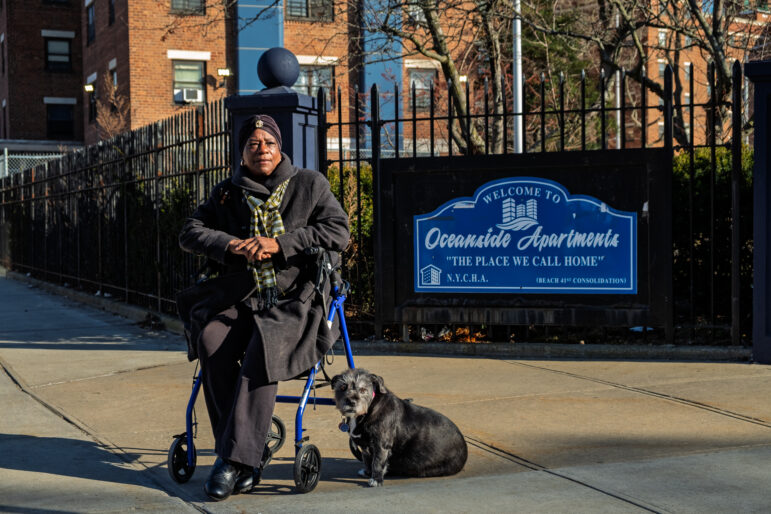As the city faces a shortage of housing for adults with mental illness, one of the largest facilities in the five boroughs is closing.
The state Department of Health has approved an application for the owners of King Solomon Manor, a 240-bed residence in Jamaica, Queens, to shut its doors. Citing financial difficulties, home operator Steve Zakheim first sought permission to close down in early spring.
Certainly no one is lamenting the demise of a fine facility. Over the last couple of years, state health inspectors have issued several violations at King Solomon. In 2001, for example, inspectors found one resident had been wearing urine-soaked clothing for days, a second client had been sent to the emergency room for dehydration, and gnats infested a third resident’s room. Last July, the New York Times ran a series of articles detailing living conditions at the home, leading the state to revisit King Solomon and find more problems, like lack of supervision over residents’ medication.
While King Solomon’s closure ends a blemished history, mental health advocates are now wondering where the state will send the home’s residents, most of whom have schizophrenia, bipolar affective disorder, major depression and other conditions.
Advocates expect the King Solomon residents will end up wherever there is space, regardless of the location or appropriateness of services-one adult home in Binghamton has expressed interest in taking them in.
“These large adult homes that have hundreds of mentally ill folks are problematic,” said Jeanette Zelhof, an attorney for MFY Legal Services. But, she added, there is also “a shortage of decent supportive housing for people with mental illness.”
In fact, the Adult Care Facilities Working Group, a panel of academics, adult home representatives, discharge planners and state agencies, estimates the state will need 6,000 new supportive apartments for mentally ill New Yorkers over the next decade, 4,000 of those in New York City. The governor’s push to close the Bronx Psychiatric Center and three other large state-run facilities upstate is not expected to help these figures, either. (The state legislature has put that proposal on hold until the spring.)
So last month, MFY Legal Services joined Disability Advocates, Inc., the Bazelon Center, New York Lawyers for the Public Interest and the Urban Justice Center in suing Governor George Pataki and state health officials. State policies, the suit says, violate the Americans with Disabilities Acts by segregating people with mental illness in large facilities like King Solomon rather than trying to integrate them into communities.
The federal district court has yet to set a hearing date.
Owners of King Solomon, who submitted a closure plan to the state, would not return phone calls for this story. But health department spokesperson Rob Kenny said the closure will not be rushed and will “ensure that the residents and their families are offered choices, and make sure that placements are appropriate to their needs.”
That still does not give clients much comfort. Said one resident of 28 years, “I’m going to go to a new home… I don’t know where.”








